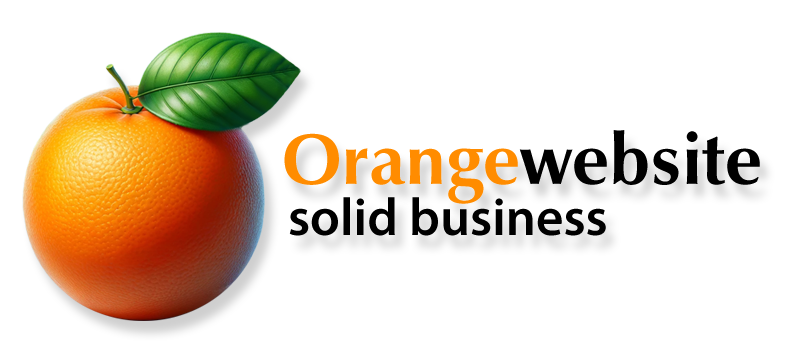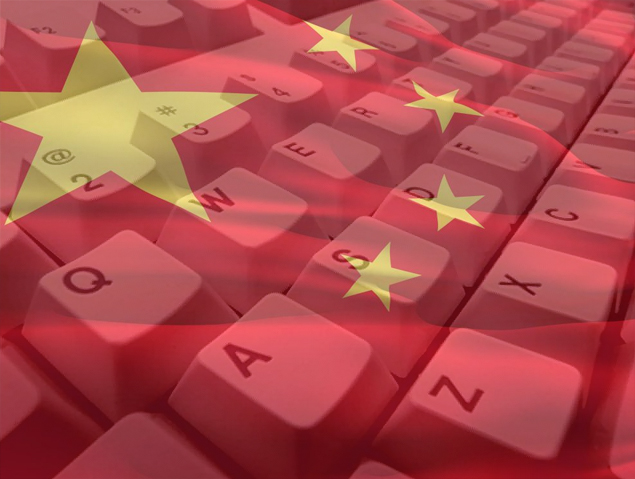Top 10 Most Internet Restrictive Countries On the Planet!
Those who live in the United States enjoy exceptional freedom on the internet. Aside from the occasional 404 error, we are pretty much free to surf wherever we want. That’s not to say we should but we certainly have the opportunity. That’s not the case across the globe.
Freedom House is a non-profit organization that has been promoting freedom and democracy planet-wide since 1941. In an annual report on Freedom on the Internet, they found some interesting and somewhat eye-opening facts.
- Over two-thirds of internet users live in nations where criticism of the government or ruling party is censored and/or punishable.
- Arrests were made in 38 countries over social media posts in the past year.
- In 2016, internet freedoms decreased globally for the sixth consecutive year.
In fact, when the Freedom House assessed the internet as a whole, they found only 24% of users had access that they considered a “free” internet.
How do countries restrict freedoms on the internet? They can use technology, blocking what the government believes are divisive or morally corrupt websites. They can essentially create their own national intranet, restricting access to global websites all together. They can also use legislation to restrict what is legal to post and follow up with fines or even prison time. Many monitor and track usage from those on the internet.
There is good news in that 14 countries involved in the survey actually improved internet freedoms, even if it was slight. The United States was among those 14. In fact, the U.S. scored 4th globally when it comes to freedom on the net. Here are the ten top-scoring countries.
- Estonia
- Iceland
- Canada
- United States
- Germany
- Australia
- Japan
- United Kingdom
- France
- Georgia
What countries are the most restrictive when it comes to Freedom on the internet? Let’s take a somewhat subjective look.
The Ten Worst Rated Offenders For Freedom on the Internet
The specific countries on the list may not be as much of a surprise as the extent they go to in implementing their restrictions.
- China – China aggressively monitors internet usage, filtering and redirecting searches, blocking websites and even “erasing” undesirable content. In 2015, the Chinese Wikipedia was blocked to citizens and more than 60 regulations currently restrict the internet. Users are often self-policed as the country creates an atmosphere that individuals are “being watched” when using the internet.
- Cuba – Cuba’s government controls the country’s internet access points and a special permit is required for use. The government-sponsored “internet” is highly restricted, employing IP tracking, keyword search term filtering, search history tracking, and emails are closely monitored. Only those friendly to the government have the ability to upload information. International visitors can access the world-wide internet but allowing locals access is illegal.
- Ethiopia – The Ethio Telecom and Ethiopian Telecommunication Agency control all access in this African nation, including licensing internet cafes. Internet cafes must have all screens visible to the operator of the cafe so content can be better monitored. It is illegal to circumvent their national licensing program. Political dissent is virtually invisible online. Even VoIP services like Skype are restricted. Government surveillance is common and expected.
- Iran – Iran has an extensive amount of internet users, with recent estimates reaching approximately 50 million. These users, however, don’t have access to some of the world’s most popular websites like Facebook, YouTube, and Twitter. Bloggers are required to register and using an email service outside of the government-sponsored one is not allowed. ISPs face heavy fines if they do not follow the government’s restricted list of blocked websites that includes over 15,000 sites that have been blacklisted.
- North Korea – While internet access is available in North Korea, only government officials and foreign visitors have access. The North Korean “intranet”, known as Kwangmyong, is available for the general population. North Korean access to the internet has become increasingly restrictive in recent years. The country itself offers very few websites with only about 30 such North Korean websites in existence.
- Pakistan – Following a contest on Facebook promoting the submission of drawings of the Prophet Mohammad, Pakistan put in place increasingly restrictive internet regulations and access, including blocking the popular social media website. The country uses Netsweeper type technology to filter both political and social content.
- Saudi Arabia – Saudi Arabia blocks hundreds of thousands of websites for what they claim are mainly cultural and religious reasons. Many suspect, however, that many sites are being restricted to re-direct users to government-backed websites to limit commerce outside of the country. Gambling and pornography sites are strictly banned and citizens are encouraged to report other “objectionable” websites. Apparently, much of the population doesn’t mind the censorship as it is estimated 1,200 websites are reported every day to the government.
- Syria – Syria controls internet access not only through blocking and filtering but by aggressively punishing violators with arrest. Bloggers who express anti-government sentiments may be arrested for putting national security in jeopardy. Users at internet cafes must show ID and have their usage monitored and reported. For over ten years, Syria has been noted as one of the planet’s worst offenders when it comes to internet freedoms.
- Tunisia – All of Tunisia’s internet traffic flows through a central data facility where uploaded material, emails, and personal data is monitored. While still restrictive, access has eased greatly since the Tunisian Revolution.
- Vietnam – The government of Vietnam requires large companies like Google and Yahoo to turn over information on bloggers to continue to be available in the country. The government also strictly controls information that may be considered anti-government or pro-democracy.
The next time you encounter a 404 error or a website you are trying to pull up takes just a few extra seconds to load, remember, it could be worse. While our internet freedoms could be better, they could be far worse. In some countries, they are.


Recent Comments